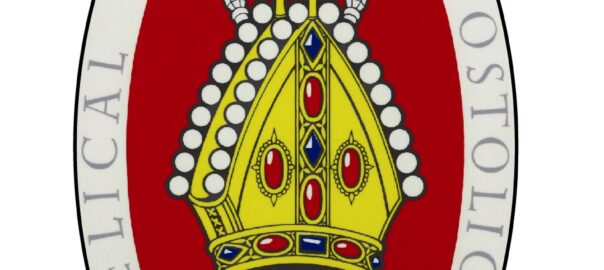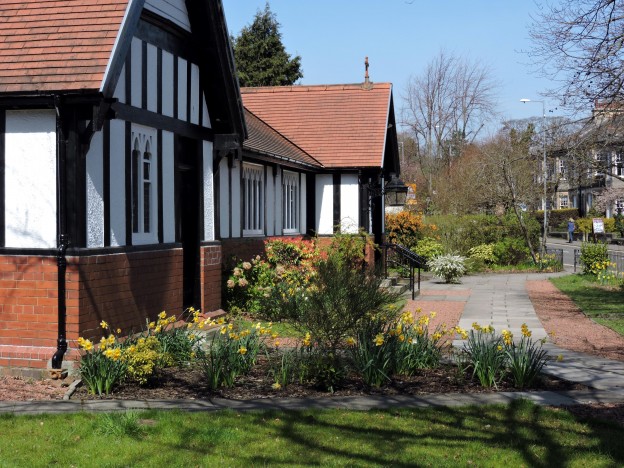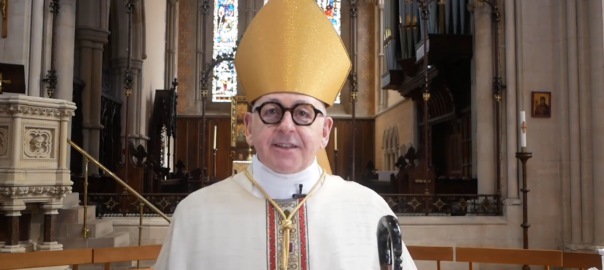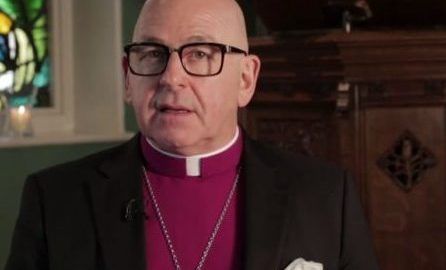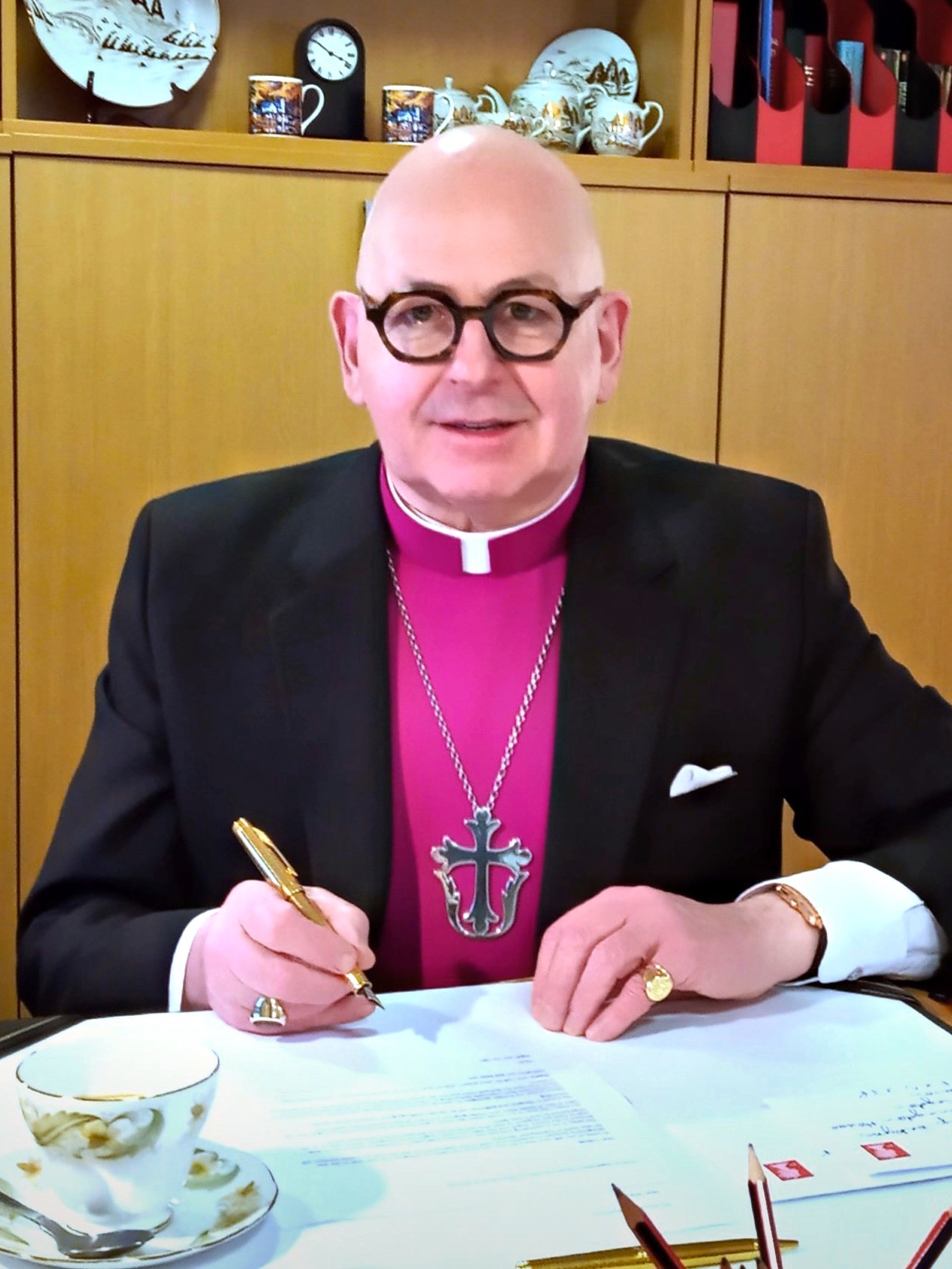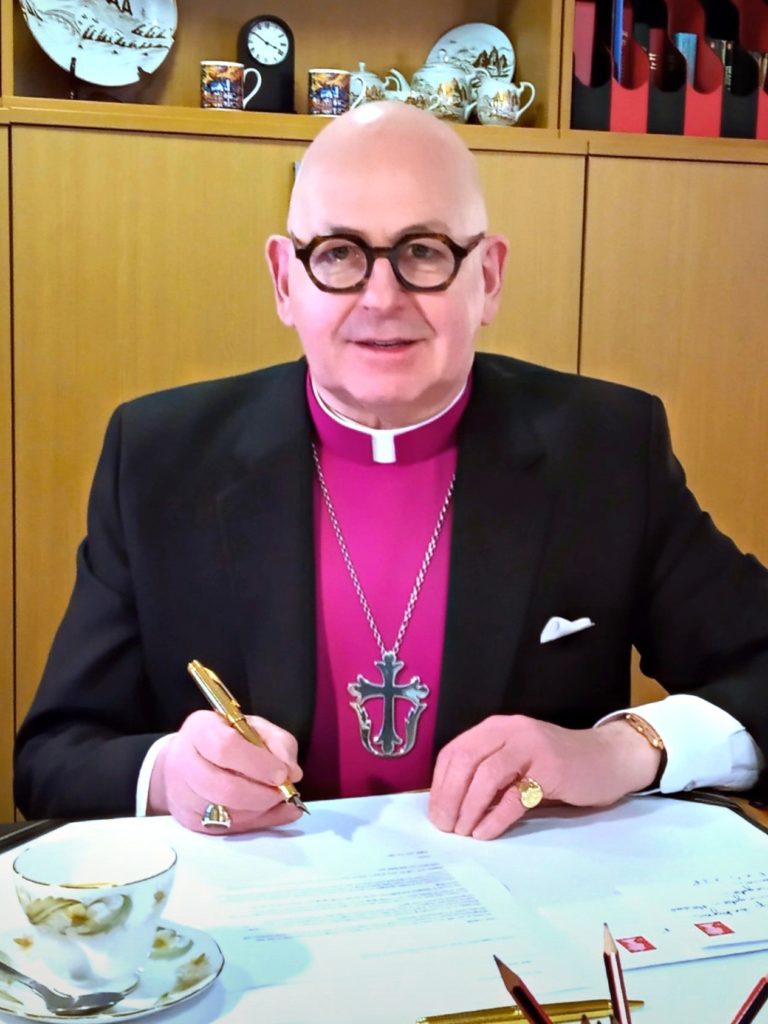Following a motion at last year’s Synod for a programme of actions to be brought to General Synod 2021 to resource the SEC in working towards the 2030 goal, the Church in Society Committee’s Technical Group on Climate Change presented a programme along with useful resources “aimed to equip the whole church for the urgent response that is needed towards achieving net zero carbon emissions”.
The Group has set out actions for different levels of the SEC to pursue, as congregations, dioceses, provincial level and as individuals; suggested more detailed action on buildings; listed useful resources; and indicated further work to be carried out. A Toolkit is currently in preparation, designed to provide practical recommendations for the implementation of action plans and including for instance a means of working out a church’s carbon footprint.
“The changes we need to make encompass almost all aspects of our life as a church; not only our buildings, but in every area where we burn coal, oil or gas,” reported the Group. “We need to transition to renewable alternatives as far as we possibly can, and where this is not reasonably practical, we need to reduce, save and offset. We do not underestimate the challenge. But there are many steps we can already take which will make a difference and we need to plan now for how and when the bigger challenges could be met.”
The Rev Dr Jenny Wright, Convener of the Church in Society Committee, spoke to the report, telling Synod members: “Achieving net zero by 2030 is no small feat. Neither are the obstacles insurmountable. I hope that the programme of actions, today’s presentation and the group discussions will be the first of many such conversations. This is merely a starting point – we recognise that support and resources on both provincial and diocesan level are necessary. Rest assured, you will not be left alone to reduce your carbon footprint and engage with climate action.”
Professor Donald Bruce, chair of the Technical Group on Climate Action, reminded Synod of the urgency of the need to take action, and the responsibility of everyone to contribute.
“We are not alone in this task,” said Prof Bruce. “There’s a movement right across the chorus in the UK and some excellent experience to draw upon from Eco-Congregation Scotland, it’s English equivalent: Eco-Church, the Church of England and Church of Scotland both have excellent expert energy advice which we can call upon. And this is real world rooted advice, based on what you can really do, on the ground in a real church.”
All four climate change motions were carried virtually unopposed, and the guidance and action documents were endorsed and commended. Within the motions, Synod also called on Standing Committee to put in place appropriate structures to enable action at provincial level, with Dioceses called on to do the same at congregational level. The SEC action plan document can be found on both the Provincial and our own web site.
